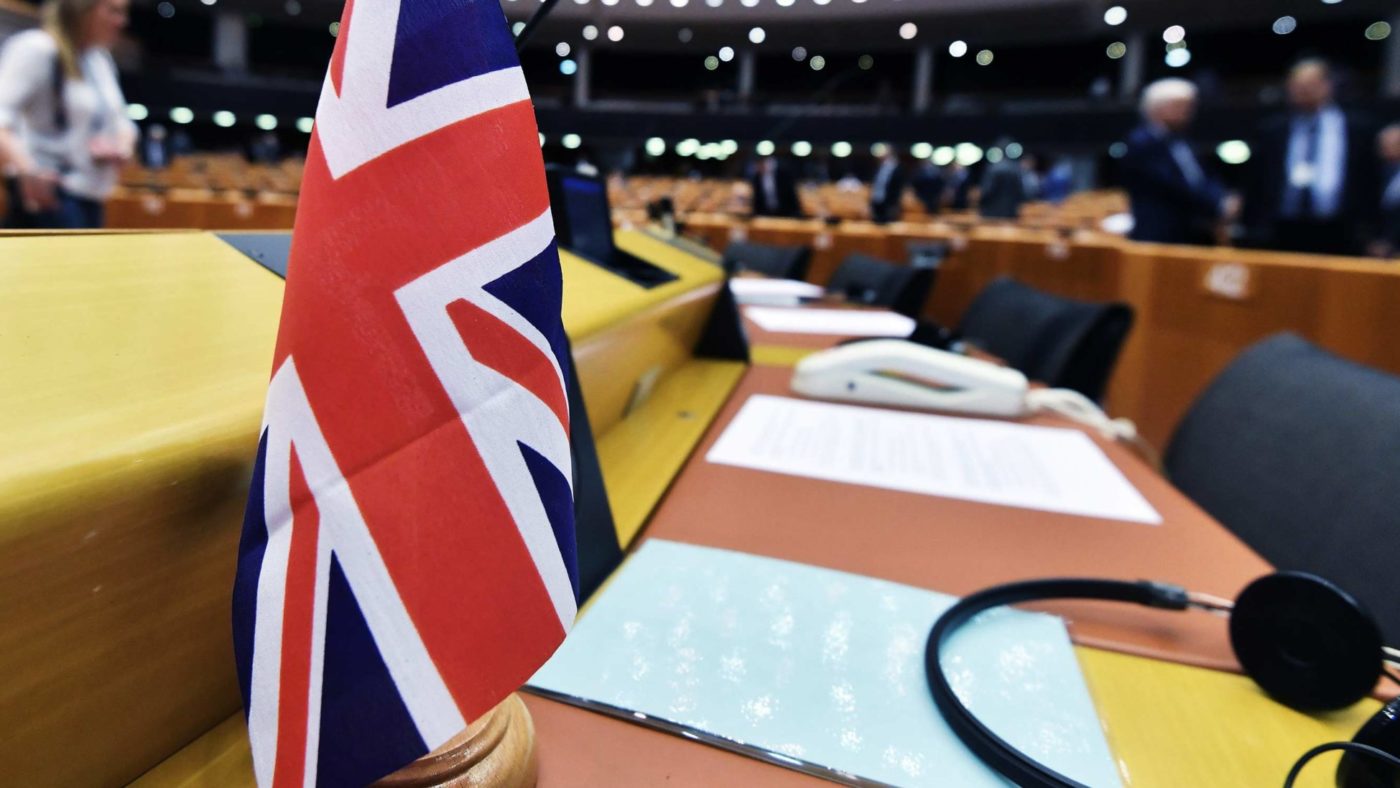It’s not been a great week in Brussels.
We had the unseemly spectacle of European leaders clubbing together to elect a series of new leaders whose qualifications for the top jobs were at best dubious.
Pending the usual rubberstamping from the European Parliament, the German defence minister Ursula von der Leyen will be taking the helm as Commission president.
That von der Leyen’s tenure in her current brief has been widely regarded as a failure seems to matter little to the leaders who nominated her.
Nor does the fact that Charles Michel, who will succeed Donald Tusk at the head of the European Council, has just taken a pummelling in the Belgian federal elections.
But beyond the candidates’ personal attributes is a more important issue. The fact that figures who wield great power can be chosen in such an opaque and clandestine fashion.
In doing so the EU’s leaders derailed the Spitzenkandidaten party list system that at least offered directly elected MEPs some role in electing the EU’s executive.
Mr Tusk rather limply suggested that this week’s selection did have democratic legitimacy because of the roles of national leaders – despite the fact that they rode roughshod over the wishes of MEPs.
It’s a deeply disingenuous argument, not least as European citizens have no real mechanism to reverse the decision or punish those who made it at the ballot box. If this is democracy, it is a Chinese Whispers version at best.
As the vice-chair of the European People’s Party grouping, Gonzalo Pons, noted: ‘The future of Europe can no longer be decided behind closed doors…No president in the European Council would accept this being done in their national countries.’
And yet for all that tough talk, the EPP is still preparing to rubberstamp von der Leyen’s appointment – a fine example of the European Parliament at its most supine.
But while the media pore over personality clashes and vigorous examination of the candidates’ CVs, perhaps we are losing sight of the bigger picture of an institution that looks to be in serious trouble.
It’s not just the election of a series of Eurosceptic, nationalist parties in the recent European elections, unhelpful though that certainly was to the federalist cause.
Rather, it is the fact that the EU has proven singly unable to reform itself in a way that might resonate with millions of disaffected citizens.
To the historian Niall Ferguson, who spoke to CapX for our Free Exchange podcast this week, the EU has begun to resemble the Holy Roman Empire, seized by inertia and ‘where Brussels actually can’t make its writ run’.
In that context, the life-and-death political struggles over Brexit may end up being seen, to quote Ferguson, as merely ‘a footnote in a chapter about the break-up of the European Union’.
That might seem like a gloomy assessment to some. But for those of us who value innovation, competition and national sovereignty, the idea of a return to a looser federation of nation states could be something not to fear, but to celebrate.
CapX depends on the generosity of its readers. If you value what we do, please consider making a donation.


